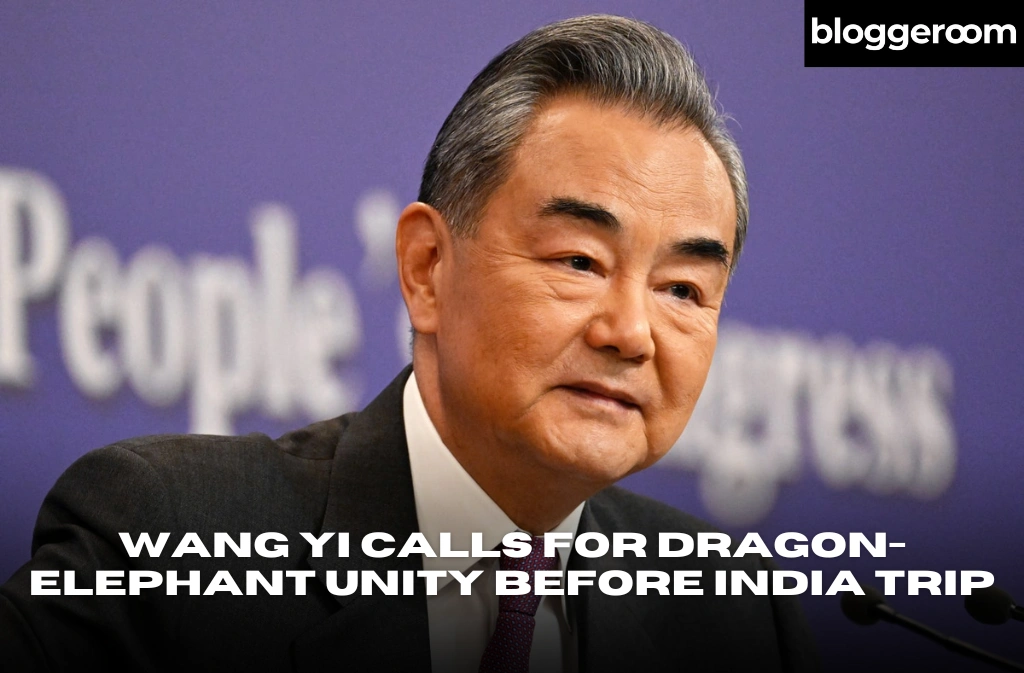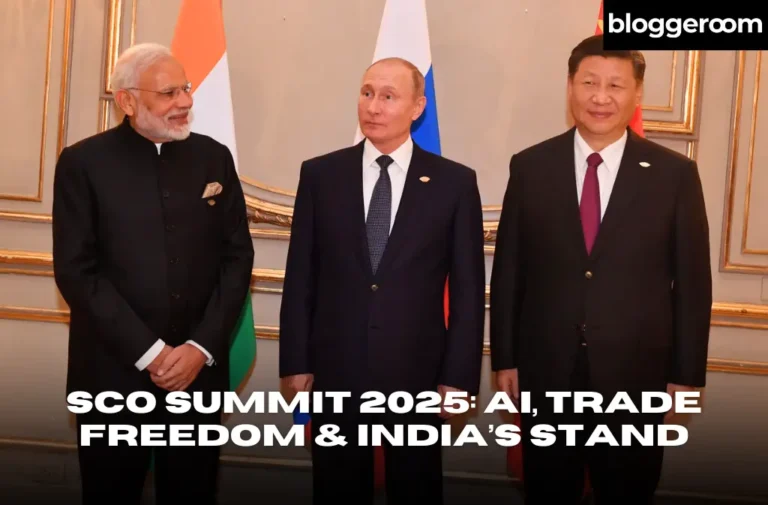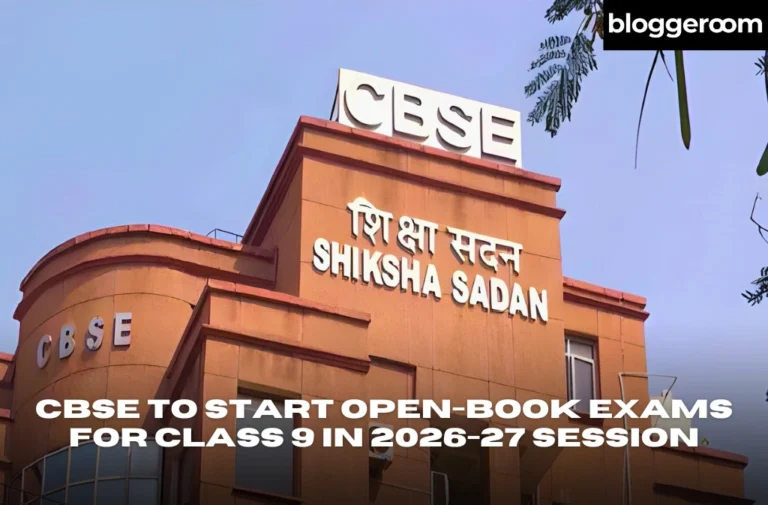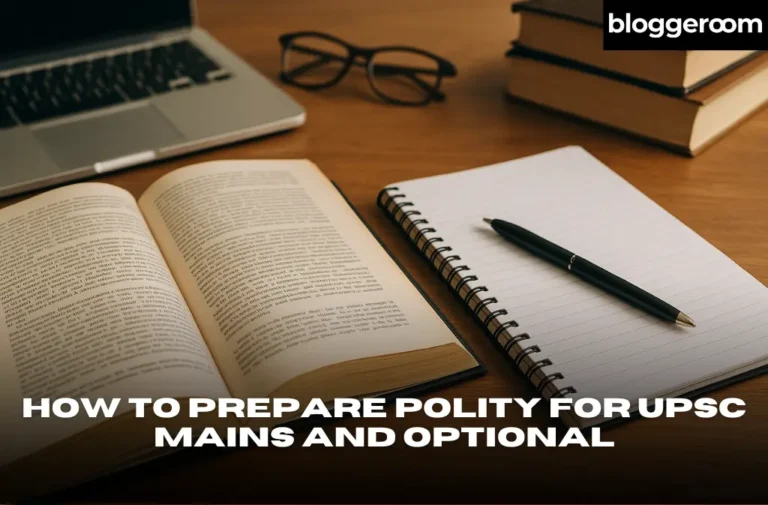Wang Yi Calls for Dragon-Elephant Unity Before India Trip
Chinese Foreign Minister Wang Yi has been advocating for stronger cooperation between China, often referred to as the dragon, and India, symbolised by the elephant. He is scheduled to arrive in New Delhi on 18 August for special representative–level discussions, which are expected to concentrate on resolving the boundary issue and improving overall relations. His reference to the “dragon and elephant” reflects a call for collaboration rather than conflict, signalling Beijing’s interest in maintaining a steady and well-managed partnership with India.
The timing of this visit is important. It takes place shortly before Prime Minister Narendra Modi is set to attend the Shanghai Cooperation Organisation summit. The talks aim to bring more stability to the Line of Actual Control by agreeing on clear steps for troop disengagement. They are also intended to prepare the ground for more in-depth conversations between top leaders during the summit. According to officials, Wang Yi will meet with National Security Adviser Ajit Doval and other senior Indian representatives during his stay.
Meanwhile, Ajit Doval is currently in Moscow for high-level discussions with Russian leaders. His visit included a meeting with President Vladimir Putin, where they spoke about strengthening energy and defence cooperation, as well as finalising timelines for important visits. Both Indian and Russian officials have indicated that Putin’s trip to India is planned for later in 2025, with the dates nearly confirmed. These parallel diplomatic engagements highlight India’s approach of building strong ties with multiple major powers, balancing its relationships with both Beijing and Moscow to protect and advance its strategic interests.
Why this matters for India
- Stabilising the border: Special representative–level discussions between Wang and Doval could help ease tensions along the LAC. This would give both countries more political space to strengthen economic ties and work together in multilateral forums ahead of the SCO summits. A carefully managed reduction in tensions would lower the risk of military incidents and create a more stable environment that can boost investor confidence.
- Diplomatic leverage: India’s decision to engage with China and Russia almost at the same time, along with the possibility of a visit from President Putin, adds to New Delhi’s diplomatic flexibility. This approach allows India to negotiate better terms in areas like trade, defence, and energy, while ensuring it does not become too reliant on any one country.
- Regional signalling: Even a limited improvement in India-China relations sends a message to Indo-Pacific partners that New Delhi is capable of engaging in principled cooperation while still protecting its strategic independence. Experts view this approach as a practical form of “strategic hedging,” where India balances relationships to safeguard its long-term interests.
Conclusion
Wang Yi’s visit to India in August, along with Ajit Doval’s trip to Moscow, appears to be part of a coordinated diplomatic effort to strengthen relations and align the timing of key summits and high-level visits. If these engagements are handled openly and supported by clear agreements at both the military and diplomatic levels, they could bring significant benefits for India. These include lowering the risk of border tensions, deepening energy and defence cooperation with Russia, and creating more space to focus on economic growth and security priorities across the region.







